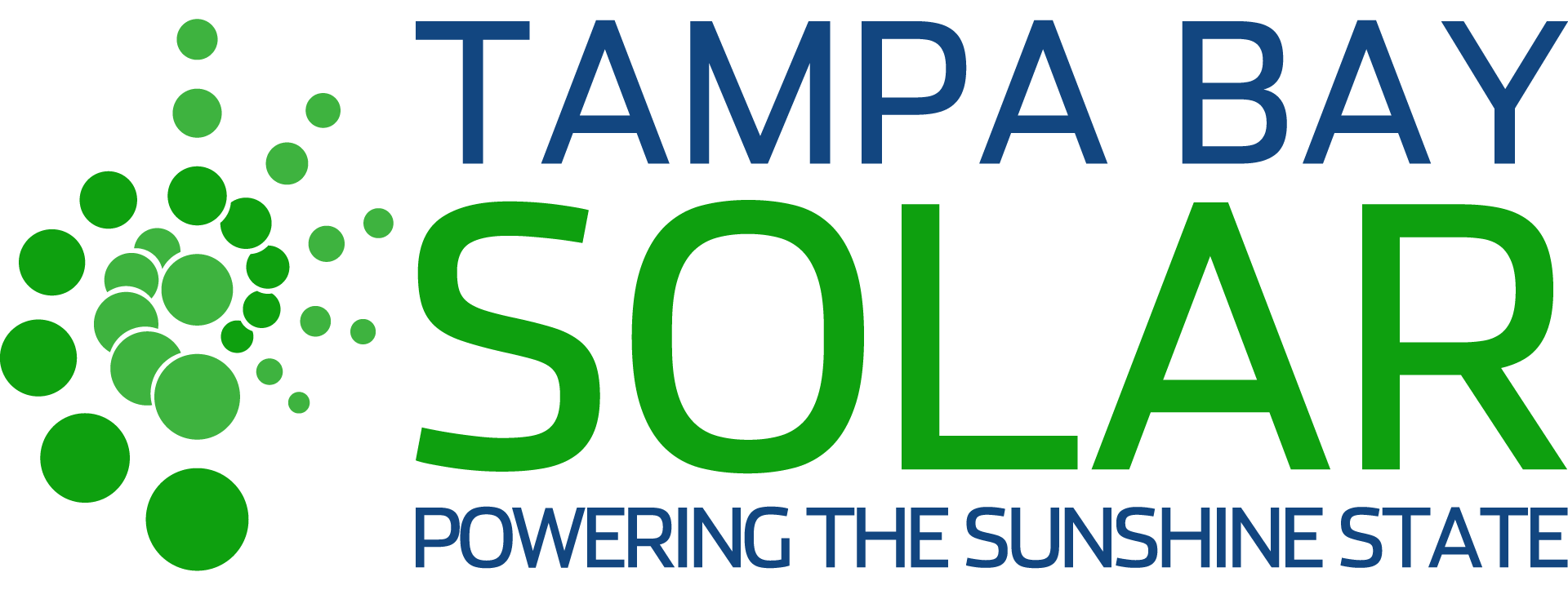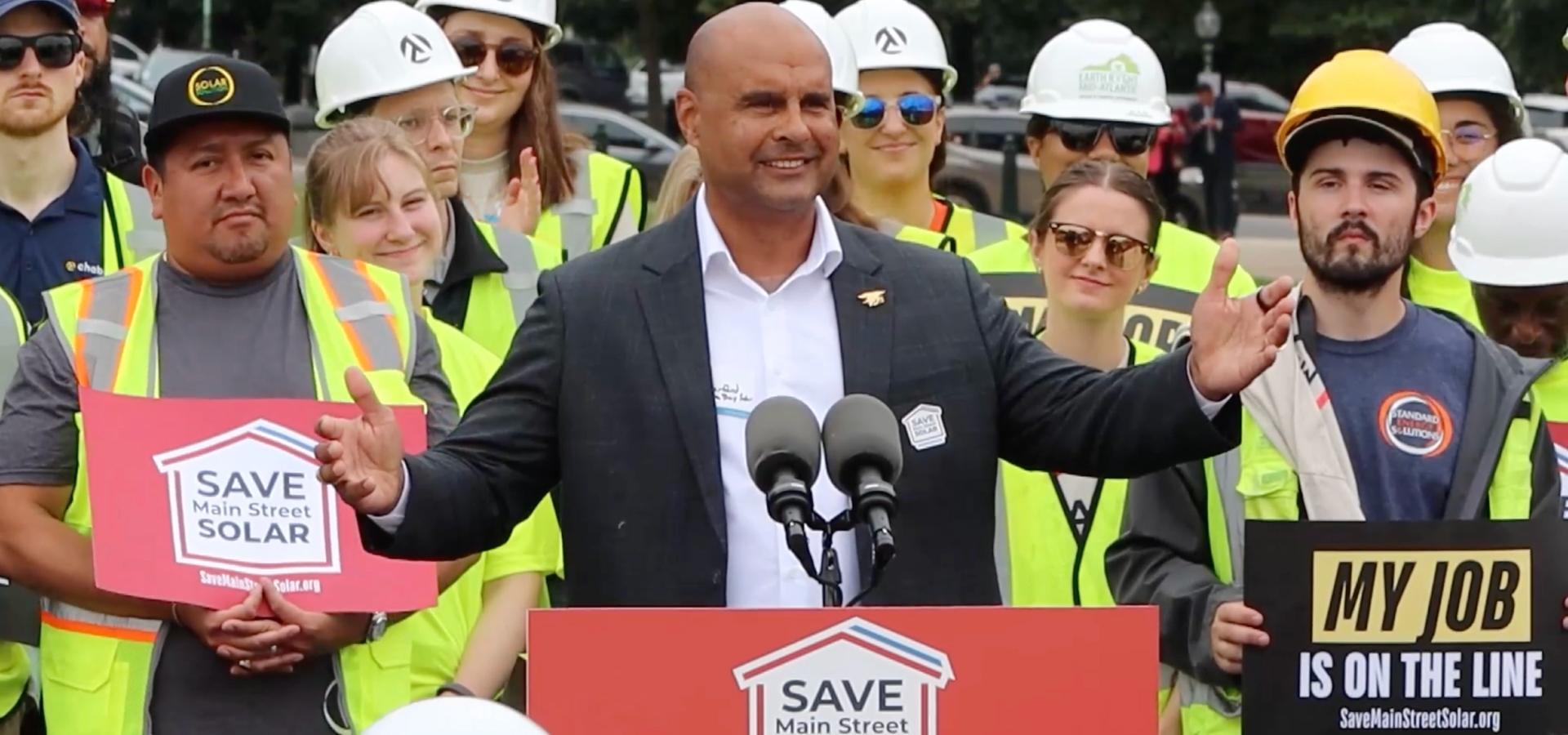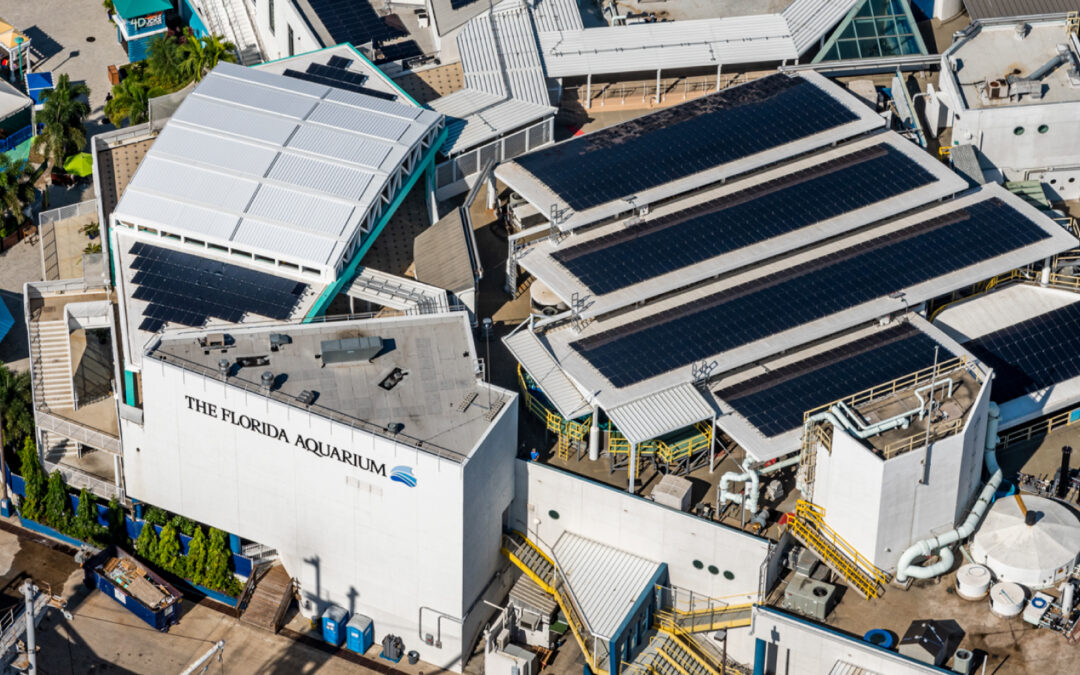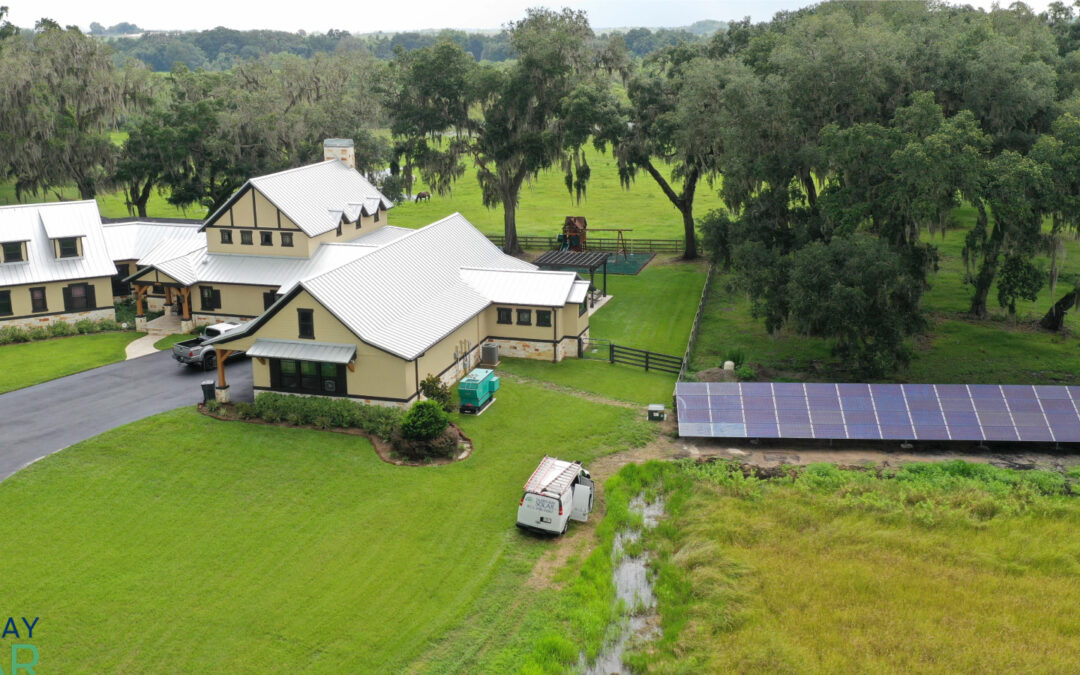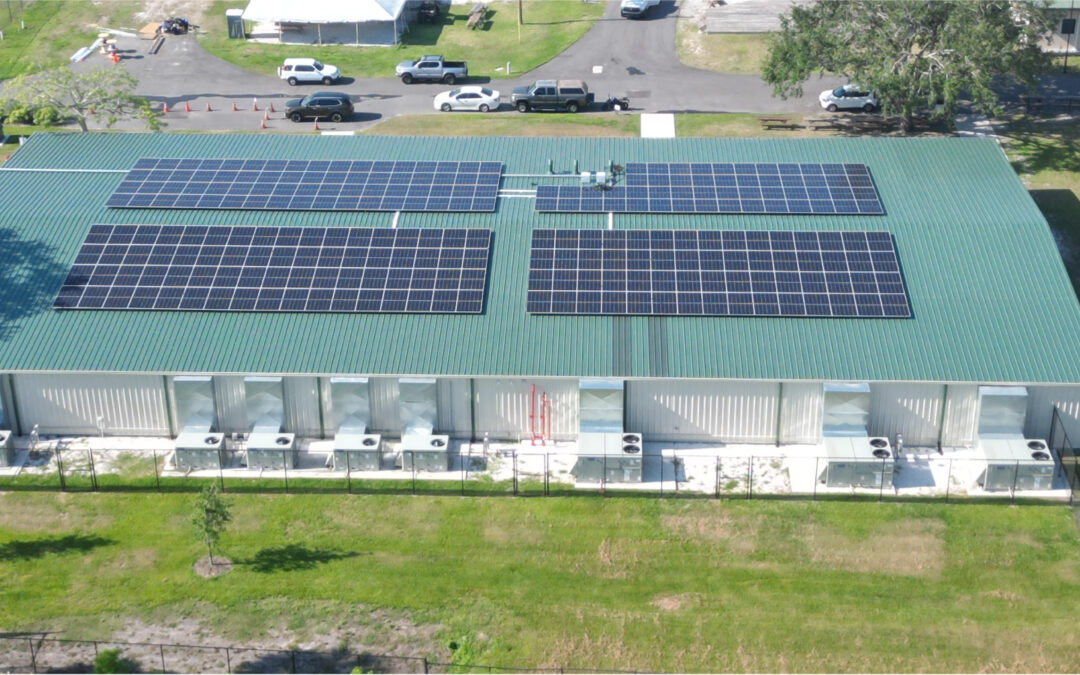On July 3, 2025, President Trump signed the “One Big Beautiful Bill” (OBBBA), also called the Reconciliation Bill. This law made significant changes to U.S. clean energy policy. It removed some controversial measures but accelerated the expiration of federal solar tax credits, which have fueled solar energy growth over the past decade.
At Tampa Bay Solar, we’re deeply concerned about the impact on Florida homeowners, the solar workforce, and the environment. But we’ve been here for 13 years, and we’re committed to protecting Florida’s clean energy future.
What’s changing for solar tax credits
The 30% solar tax Credit is set to end
The federal solar tax credit (ITC), which allows homeowners to deduct 30% of the costs of solar installations, will expire for residential systems on December 31, 2025.
For businesses and utility-scale projects, tax credits will step down rapidly:
- Projects placed in service in 2027 qualify for only 60 percent of the current credit.
- In 2028, the credit drops to 20 percent.
- By 2029, the credit disappears entirely.
This shorter timeline gives homeowners and businesses less time to use these savings.
Battery backup tax credit eliminated
The tax credit for battery backup systems is also being eliminated. Homeowners now have until December 31, 2025, to install a battery system and still qualify for the incentive. After that, these systems will be entirely out of pocket, even as power outages and rising utility rates make them more valuable than ever.
Excise tax removed, but challenges remain
The bill initially included a high excise tax on imported solar equipment, but this was removed in the final version, helping ease supply chain pressure. However, the faster phase-out of tax credits could still lead to many projects being canceled and reduce investment in the solar industry.
Why this matters for Florida
Florida ranks third in the nation for solar power, with over $18 billion invested and approximately 20,000 people employed in the industry. Nearly half of Florida homeowners who installed solar panels last year utilized the federal tax credit to make the investment more affordable. Losing this credit could slow solar growth, raise electricity costs, and hurt jobs and businesses across the state.
Energy experts warn that without these incentives, many solar projects across the country, including those in Florida, could be delayed or canceled. Up to 1.6 million clean energy jobs may be lost by 2035, affecting the entire supply chain.
As residential tax credits come to an end, many installers may shift their focus to commercial and industrial projects instead. This could leave homeowners with fewer choices and longer wait times for solar installations.
This also puts America’s energy independence at risk. Without federal support, U.S. solar manufacturers may lose market share to foreign suppliers, thereby increasing their reliance on imports from countries such as China.
A message from Our CEO, Steve Rutherford
“We were disappointed to see the passage of the Reconciliation Bill. Over the past decade, we’ve seen incredible progress—solar now powers 5 percent of the U.S., up from just 1 percent. Florida alone has more than 400 solar companies and employs over 20,000 people, many of whom are veterans. At Tampa Bay Solar, about 30 percent of our workforce are veterans.
Without the federal tax credit, homeowners will struggle to afford solar, electricity costs will rise, and we’ll see a statewide economic impact. But we’ve been here for 13 years, and we’re not going anywhere. I know solar is the future, and I’ll continue to fight to protect my employees, customers, and this industry.
During my time as a Navy SEAL, I saw how solar systems saved lives overseas. Starting this company was the obvious next step—to provide jobs to veterans, deliver clean energy to Floridians, and build a more sustainable future. We’re not stopping now.
What homeowners can do now
Act before the tax credit expires
To secure the 30 percent tax credit, your solar system must be installed and operational by December 31, 2025. With permitting, utility approvals, and installation timelines often taking months, starting your project now is critical.
Protect yourself from rising energy costs
Solar still offers long-term savings, even without the tax credit. However, by acting now, you’ll save thousands upfront and secure lower energy costs for decades to come.
Tampa Bay Solar will keep fighting
We’re not letting these policy changes slow us down. At Tampa Bay Solar, we’re here to help Florida stay clean and green.
Schedule your free solar consultation today and take advantage of the current incentives before they end. Let’s keep Florida moving forward together.
Our Service Areas
Hillsborough County: Tampa, Brandon, Riverview, Valrico, Plant City, Apollo Beach, Sun City Center
Pinellas County: St. Petersburg, Clearwater, Largo, Pinellas Park, Dunedin, Tarpon Springs, Seminole
Manatee County: Bradenton, Palmetto, Lakewood Ranch, Ellenton, Holmes Beach
Sarasota County: Sarasota, Venice, North Port, Osprey, Nokomis, Englewood
Pasco County: Wesley Chapel, New Port Richey, Zephyrhills, Dade City, Land O’ Lakes, Hudson
